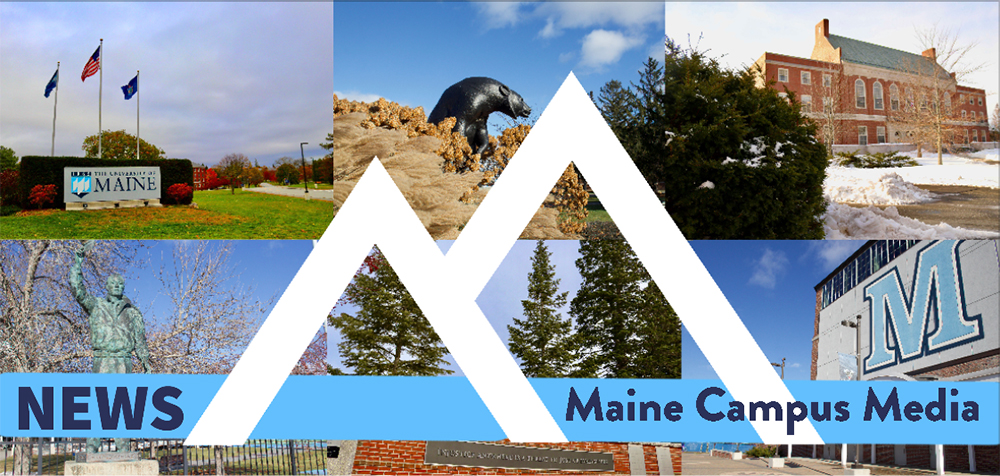On Thursday, Nov. 3, the University of Maine’s Multicultural Center hosted a talk with UMaine graduate student and Shoshone tribe member Jason Brough. The purpose of Brough’s discussion was to educate attendees about Indigenous identity and how ideas of race stemming from colonialism have impacted the consistent struggle for tribal sovereignty.
Brough addressed the various terms that Indigenous peoples have been called throughout history including the term “Native American,” which tends to be thought of as the politically correct way of addressing them in today’s society.
“There are some drawbacks to that in the modern context,” Brough said.
He went on to reference past legal instances where the ruling had been that anyone born on American soil is technically a “native.”
Although he made sure to note that he was not speaking on behalf of all Indigenous peoples Brough feels that the term “Indigenous” is generally the correct term to use when addressing an Indigenous person, rather than “Native American” or other titles that tend to have negative connotations and stereotypes.
Many tribes tend to prefer to be called by the name they call themselves in their unique language which greatly depends on the area they are located in. Various tribes around the U.S. do prefer the legal term Indian as it appears this way in the terminology of the country’s court system. According to Brough, the favorable approach is to learn about the region one is referencing when determining how to address Indigenous peoples in a respectful way.
Brough noted that oftentimes in archaeology Indigenous peoples are wrongfully referred to as primitive, meaning they are viewed as less evolved in a variety of ways.
“The term primitive is one of those things in anthropology that just needs to be done away with. We need to stop using it because it’s detrimental to Indigenous communities today. It gives the perception that we didn’t have enough intelligence to be able to live with our environments or to be able to handle modern changes that have taken place due to colonialism and climate change,” Brough said.
He believes this notion has been used as justification for the atrocities that have been committed against Indigenous peoples throughout history.
“What we call people, and how we see and perceive them, has direct implications down the road,” Brough said.
Here in Orono legislation and its enforcement in regard to the local Wabanaki tribes have been described as subpar.
“It’s not anywhere near where it should be,” Brough said.
Brough referenced the university’s land acknowledgment as part of this weak response, as the words within the statement may sound nice, but do not actually do anything to benefit the Indigenous community.
“They [the university] don’t have to give up power, prestige or the land back,” Brough explained.
Although he feels this is a decent first step, Brough concluded his talk by stating that there is more to be done in response to the prevalent issue of the university’s location sitting on tribal lands.








